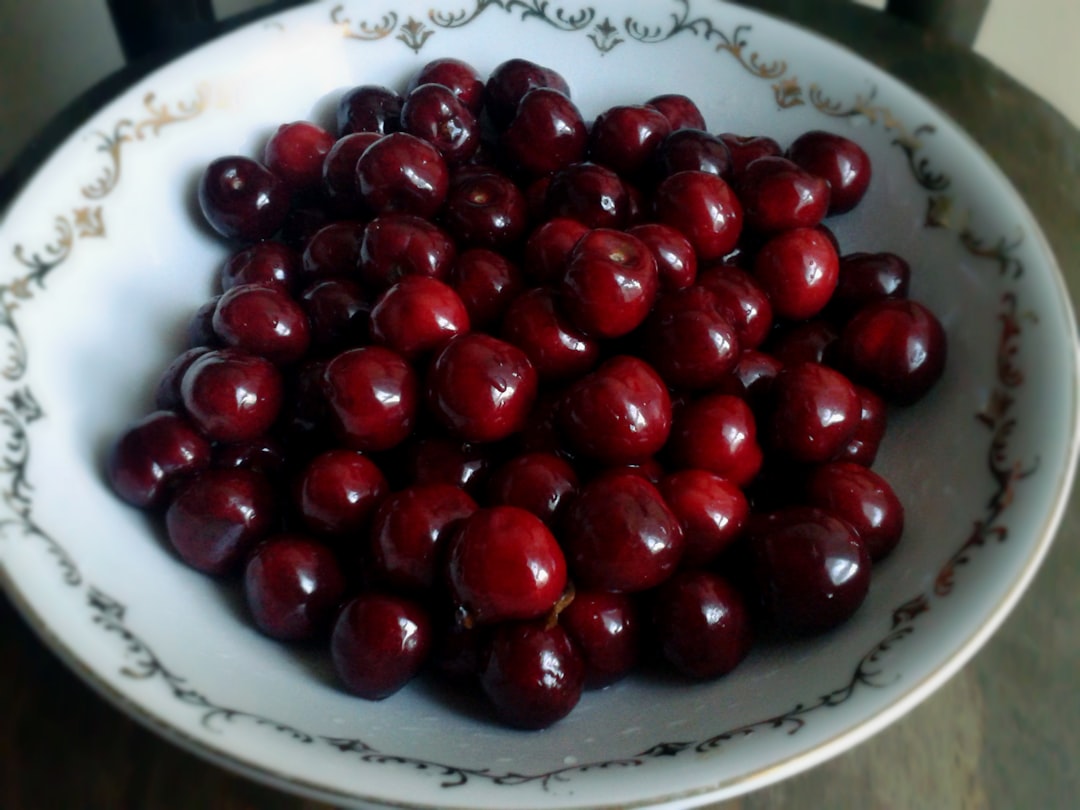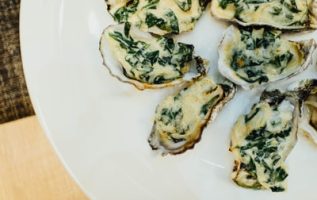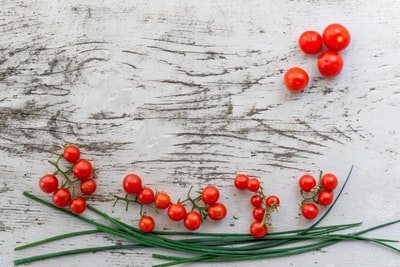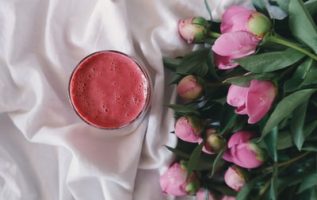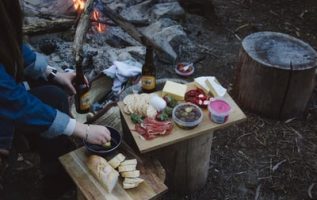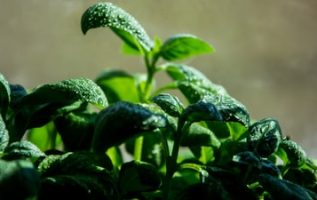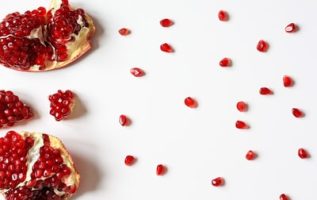If you have ever heard the word “organic” thrown around, then you most likely squeaked out of the words as you sat there going “why on earth”. Why is that word important to the survival of the human species? Well to get to the answer, you need to know that right now in the extinction world is coming right at your front door. We are all as consumers struggling to stay up to date as to what our dietary preferences should be. Personally, I have been following a few tips and diets that could help me shed some light on how to eat more organic foods.
The simple fact is that right now, the nutritional value of food is being called into question due to the unhealthy nature of 21st century food production. If you read the reports on how fruits and vegetables are grown, grown without the use of harmful pest control, raised without antibiotics, transported and produced with high levels of preservatives, you will see something is wrong with the system.
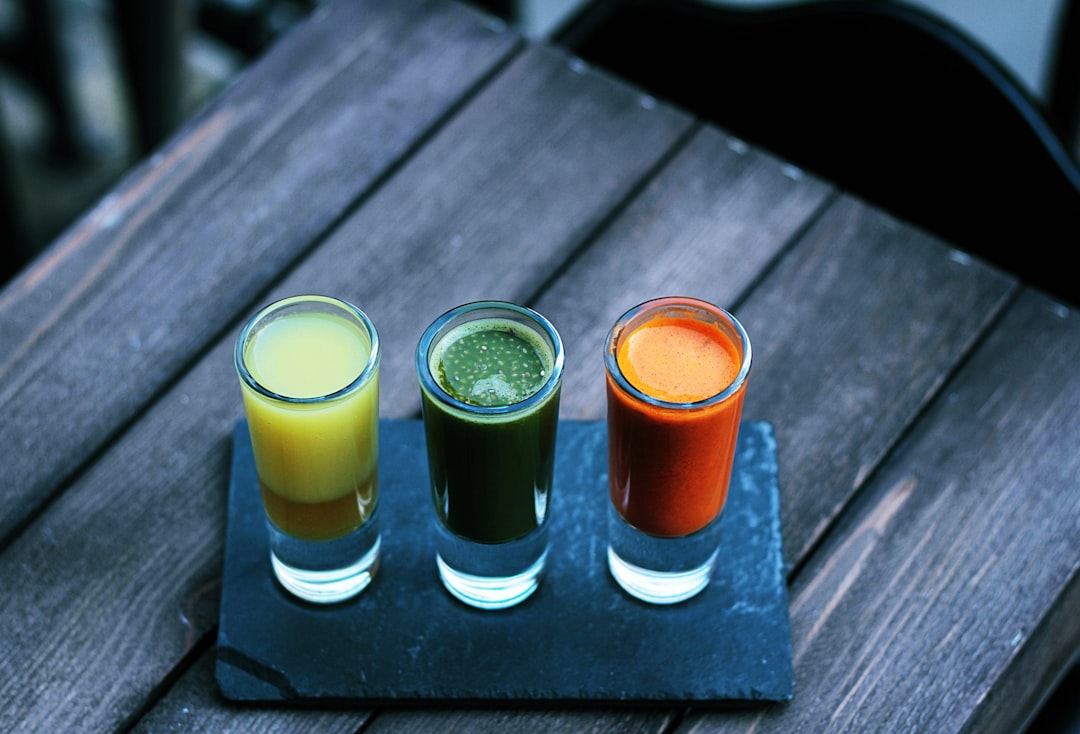
But what is wrong with it? In the United States, plantings are done on less than 1% of the land. (sea and rivers produce more crop as compared to land) and the percentage of land under cultivation is also less than 1%. We have come a long way from the days of growing vegetables nation wide by hand.
What is wrong with man? Well, the overwork of trying to grow plants organically is not only stressful; it is expensive. Also, rewarding success will not be achieved; you have to be patient. Some have even said that it is a bubble waiting to pop. Well, quite a few of us including myself am here to tell you that you need to get your act together and make organic a focus of your life. You need to make a decision to live organic or not. The question is can you afford to wait until harvest time and buy organic foods? Will it save your local economy? Many economic experts have said no. But others say once you switch to organic you will never go back. What you decide to do will depend on your situation and personal situation. I have tried to give you a few tips that will help you increase your level of preparedness to not have a dip in the future.
The best time to start buying organic is right now. The grocery store is full of good foods, but many of them have a higher price tag than you can afford. This is when you may consider switching to organic. If you can afford to buy organic foods, you will see your shopping dollar fly away. It does take a while to get used to organic foods, but remember, switching is for your own benefit. In the long run, you will know you have made the right decision.
Personally, I am a bit reluctant to go organic. But the more I think about it, the more I think it is the right choice. The process seems more difficult than it is worth it. But you should do it for your own health and for the benefit of your family. When you switch, you will feel better as you know you are doing something positive for the environment.
The main thing you will need to do is grow your own organic food; that way you know what you are eating. Find a location that is somewhere within 150 miles of your home. You may consider an organic vegetable garden on your property. Grow your own organic food. This step is important to ensure you know what you are eating and can educate yourself about possible solutions to your food problems.
You will also need to learn about your local water resources. The local water company may be an essential step in organic growing. You will need to know about the types of crops the water company does not allow through their intake system into the rivers, lakes, and reservoirs. This may prevent you from getting certain forms of water that come into your home. Until you are comfortable with the intake system of your local water company, you may want to consider getting one water filter or another that is certified to remove certain contaminants. This way you can be sure that you are removing things that are not wanted in our drinking water.
